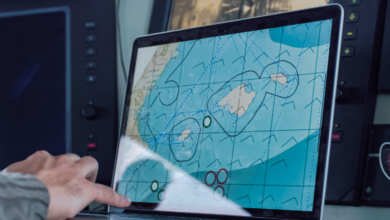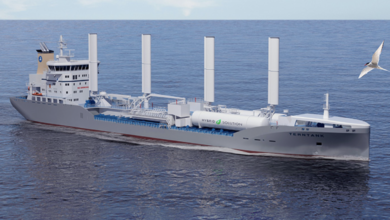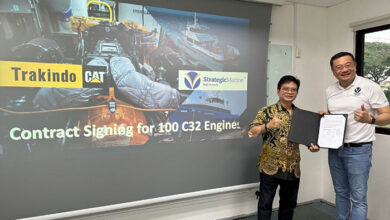Shipping : Ethiopian avocados shipped to Europe via Dutch cold chain
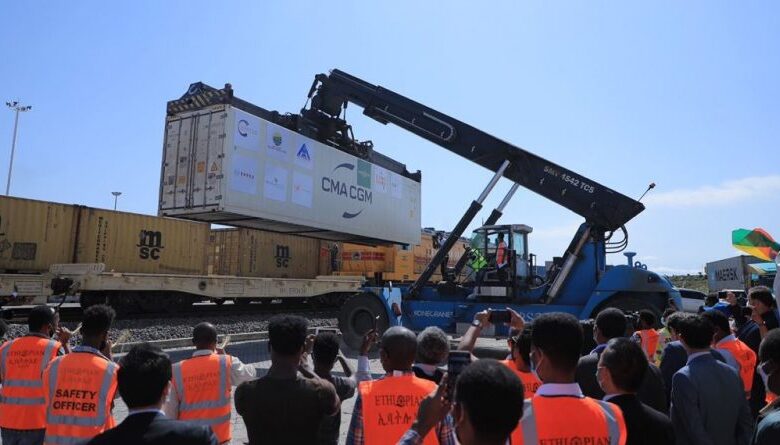
Ethiopia is known for offering ideal climate conditions for the year-round cultivation of vegetables and fruit like mangos, grapes and oranges. For a long time, the development of local horticulture was impeded by the vast distances that needed to be covered and unreliable transport.
Last Saturday saw a true watershed moment in the large-scale development of the country’s agricultural and logistics sectors: the very first reefer container with 24 tonnes of avocados was loaded onto a train in Ethiopia, from where it will be forwarded to Europe via the port of Djibouti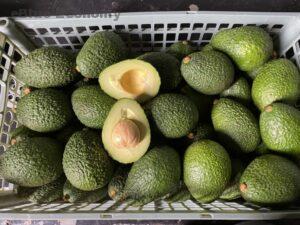 .
.
This first step is the result of a partnership between the governments of Ethiopia, Djibouti and the Netherlands that was launched several years ago. The Dutch contribution mainly concerns logistics expertise: how to effectively capitalise on the fast-growing, modern rail network that is taking shape in Ethiopia and Djibouti.
Thanks to targeted investments in reefer terminal facilities at strategic locations along the route, Ethiopia’s horticultural sector can now access Ethiopian consumers in the major cities as well as the global market. A number of the previous obstacles – long transit times, high dues and spoilage – have been effectively cleared.

This first step is the result of a partnership between the governments of Ethiopia, Djibouti and the Netherlands that was launched several years ago. The Dutch contribution mainly concerns logistics expertise: how to effectively capitalise on the fast-growing, modern rail network that is taking shape in Ethiopia and Djibouti.
Thanks to targeted investments in reefer terminal facilities at strategic locations along the route, Ethiopia’s horticultural sector can now access Ethiopian consumers in the major cities as well as the global market. A number of the previous obstacles – long transit times, high dues and spoilage – have been effectively cleared.
Flying Swans
‘We’ve resolved the chicken-or-the-egg problem in this case,’ says Tom Bouwman, Senior Project Manager of the Flying Swans consortium, which is responsible for organising the Dutch contribution.
“There is this huge untapped potential, but the logistics side had not been properly organised. And since the sector was not yet supplying large volumes of fruit and vegetables to the market, this created an unappealing business case for investments in reefer infrastructure.” The Flying Swans consortium is made up of the Port of Rotterdam Authority, Boskalis International, Mercator Novus and the partner organisation GroentenFruit Huis. The programme is financed by the Netherlands’ Ministry of Foreign Affairs via the Dutch development finance institution FMO.
Cool Port Addis
Preparations for the development of Cool Port Addis are already underway. This includes the construction of a cold store at the container terminal in Modjo, to the south of the capital Addis Ababa, where products from the hinterland will be collected and loaded into reefer containers.
The new building will also serve as a national and regional distribution centre. A second project concerns the building of a new logistics centre in the port of Djibouti. These projects involve a combined investment of several tens of millions of euro.
Huge growth potential
This first container will be followed by many others. The prognosis for avocado production alone is set at some 30 million kilograms in 2030. The sector has huge growth potential according to Tewodros Zewdie, Executive Director of the Ethiopian Horticulture Producer and Exporters Association.
‘Fresh produce transport chains can be promoted by reducing transport costs and transport times. As a result, in ten years’ time we will be able to fill an entire train’s worth of reefer containers every week – and later even step up this frequency to five trains of temperature-controlled produce per week.’
National Cold Chain Network
Bouwman says that the further development of Ethiopia’s National Cold Chain Network presents all sorts of opportunities for Dutch companies working in logistics, trade and horticulture. ‘Dutch
contractors can already participate in tenders for the development of Cool Port Addis. But we definitely also plan to raise Dutch firms’ interest in investing in Ethiopia’s horticultural sector.’
press release






